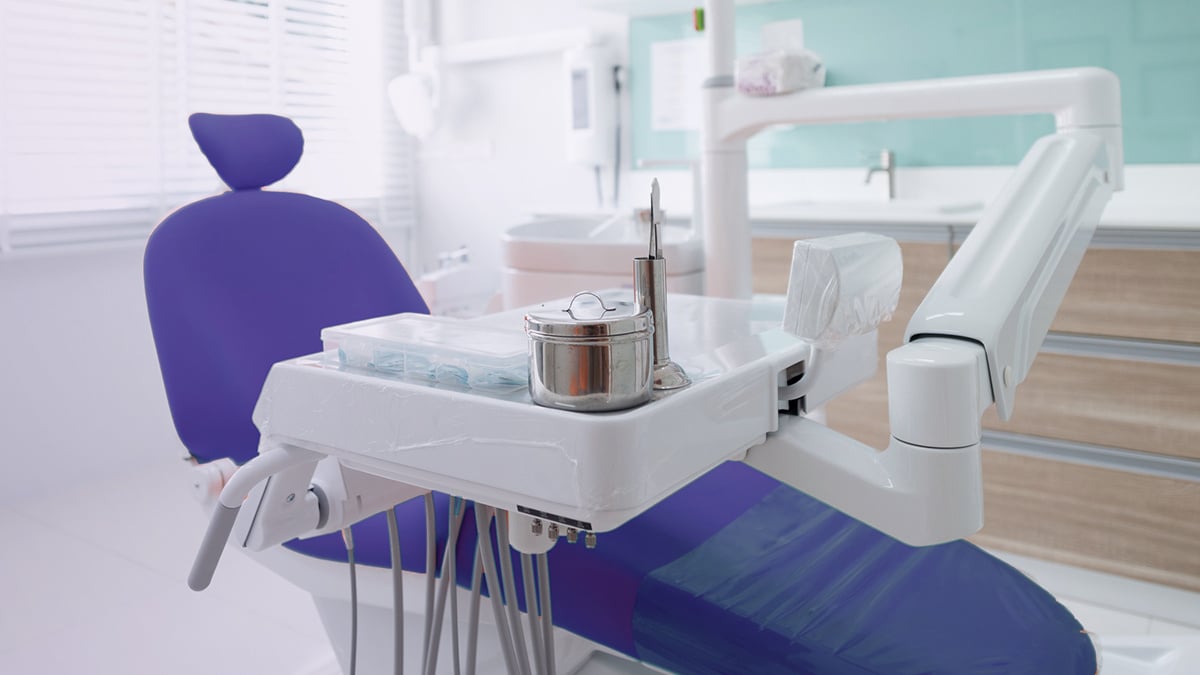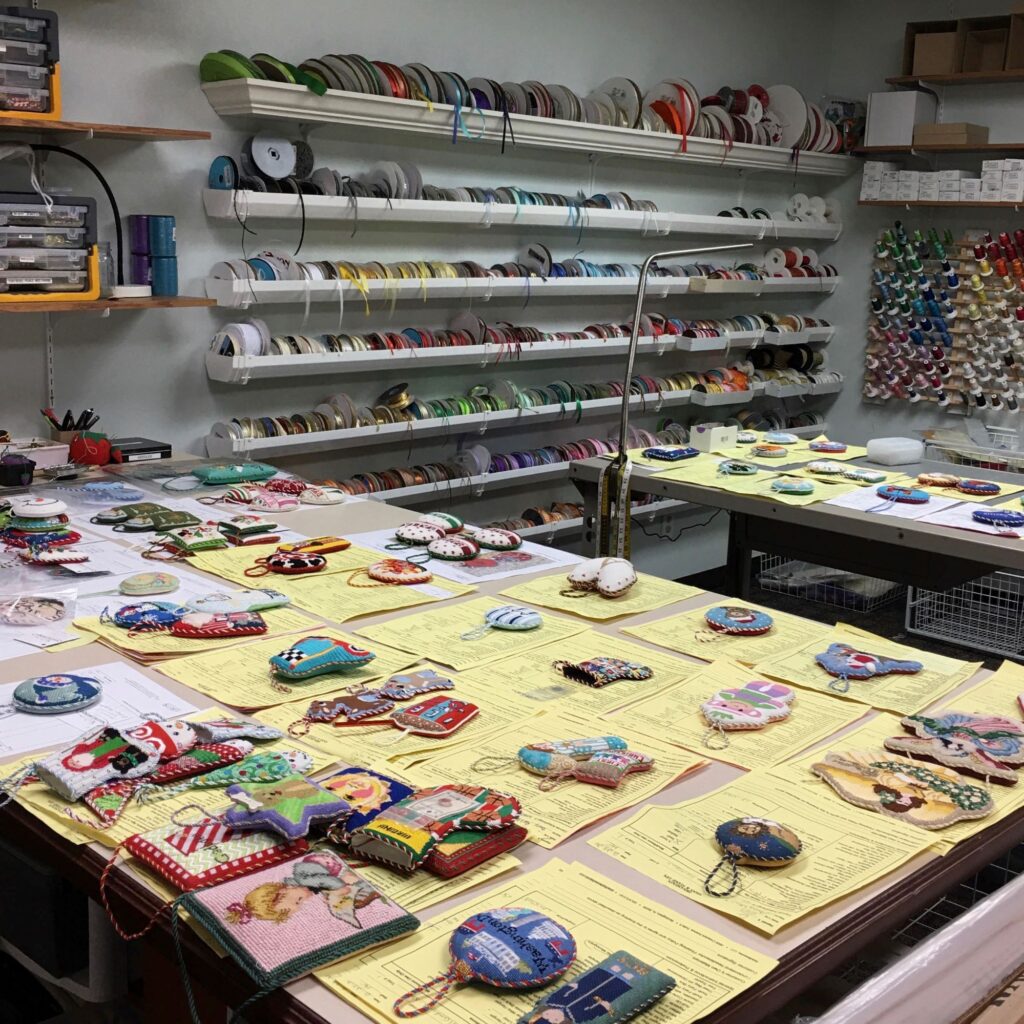“PANDAS. I have a gut feeling. It sounds like PANDAS,” said my friend Stacey. “But he’s never been a PANDAS kid,” I replied. “Plus, it didn’t come on that fast. The doctor thinks it’s parasite-related, thinks he picked up...
“PANDAS. I have a gut feeling. It sounds like PANDAS,” said my friend Stacey.
“But he’s never been a PANDAS kid,” I replied. “Plus, it didn’t come on that fast. The doctor thinks it’s parasite-related, thinks he picked up something new in Costa Rica. He’s always been susceptible to parasites.”
“Doctors can get stuck on one idea and want to make you fit that box. All I’m saying is to make sure you also look into PANDAS.”
“I hear you,” I said. “Can you get me the info on which tests to run for PANDAS? I’ll see if I can get them done before our appointment.”
This discussion, which could only have taken place between biomed parents, was about what’s been going on with Martin. Poor Martin is not in a good place. The troubles (the exciting new troubles, atop the quotidian troubles) started in Costa Rica, maybe halfway through July. I began to notice that Martin wanted to go to the bathroom all the time. Sometimes he would go to the bathroom, brush his teeth to leave, then need the bathroom again before we could get out the door. He started spending a long time on sitting on the toilet, too. Near the end of July he developed a tic: He thrusts one index finger simultaneously into each nostril—briefly, with no rooting around or picking, thank heavens—and then immediately puts his fingers into his mouth. The whole action is over within a couple seconds, but it’s noticeable, and recurring, and out of Martin’s control. Next came the eye rubbing. Since our return to the States, Martin has been rubbing his eyes compulsively. He asks, “Why is this happening? Why can’t I stop rubbing my eyes?” As we made our way into September, he started night-waking, and having trouble getting to sleep.
None of the symptoms dissipated as the new ones arose. As of today, Martin is sleeping poorly, rubbing his eyes till they look red and sore, patterning his index fingers into his nose and mouth constantly, and using the restroom multiple times per hour, sometimes staying in there 10 minutes or more.
Wait—did I mention touching his private parts? Now he’s doing that, too. If we gently remind him to watch his hands, he complains that it is hard.
I’ve already received several reports from school. Martin seems distracted (even more than usual, I assume). Martin walked into a wall. (Yes. That was one report.) Martin is signing out of the classroom to go to the bathroom several times an hour.
When the bathroom issues and first tic arose, in Costa Rica, I thought that oxalate sensitivity might be at play. I reduced oxalates in his diet, which was not easy, as he loves potatoes and sweet potatoes, and making a meal for the whole family (I’m vegan) usually means using some nuts, or legumes. A few weeks of reduced oxalates brought no change, unless you count a worsening of the symptoms.
Back in the States, I brought Martin to his pediatrician, to rule out a UTI. His urine showed no trace of problems. The pediatrician thought Martin might be constipated, which can cause frequent urination, so I worked prunes and pears into his daily diet. No change.
Martin is prone to parasites, so I gave him a course of Alinia, which has worked in the past. No change.
I called Martin’s primary doctor for autism issues. She suspected parasites also. Together, we decided to move Martin’s previously scheduled appointment from the end of October to this coming Monday.
Then I went out to dinner with Stacey, and we had the conversation with which I began this post. I agreed to get testing done for PANDAS, but to be honest, I was skeptical. Martin has never been a PANS or PANDAS kid. I can’t recall flares, or his behavior changing those few times when he’s been on antibiotics. Later Stacey texted me a link to basic information on PANDAS and wrote: “Seriously please read this because it does state urinary frequency as a sign of PANS and/or PANDAS. I would really look into this as a potential cause. I could be totally off base but I have just a gut feeling.” I opened the link, and one specific reported symptom of PANDAS struck me: poor handwriting.
Though I hadn’t thought much about it, or connected it to the urination and tics (probably because I’m bone-headed), I’ve noticed that Martin’s handwriting has been abysmal since he returned to school. Not just shaky or unplanned, as his handwriting usually is, but truly abysmal. Almost illegible.
PANDAS? Stacey’s gut feelings tend to be reliable.
Parasites? Martin’s doctor for autism issues knows him pretty well.
His mother’s opinion? Confused.






.jpg)




